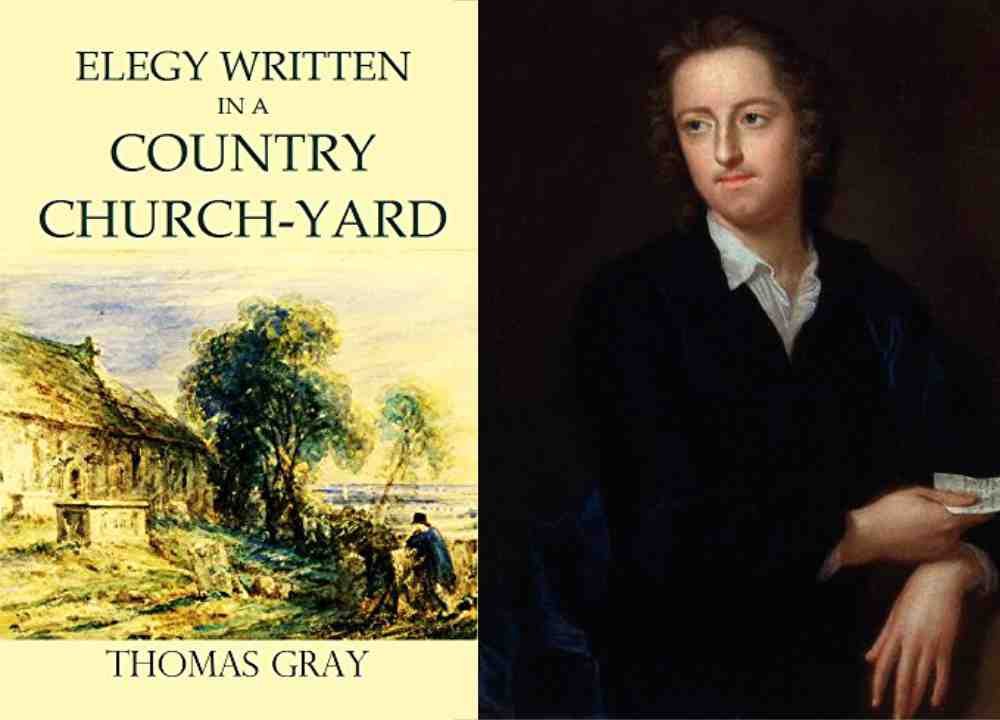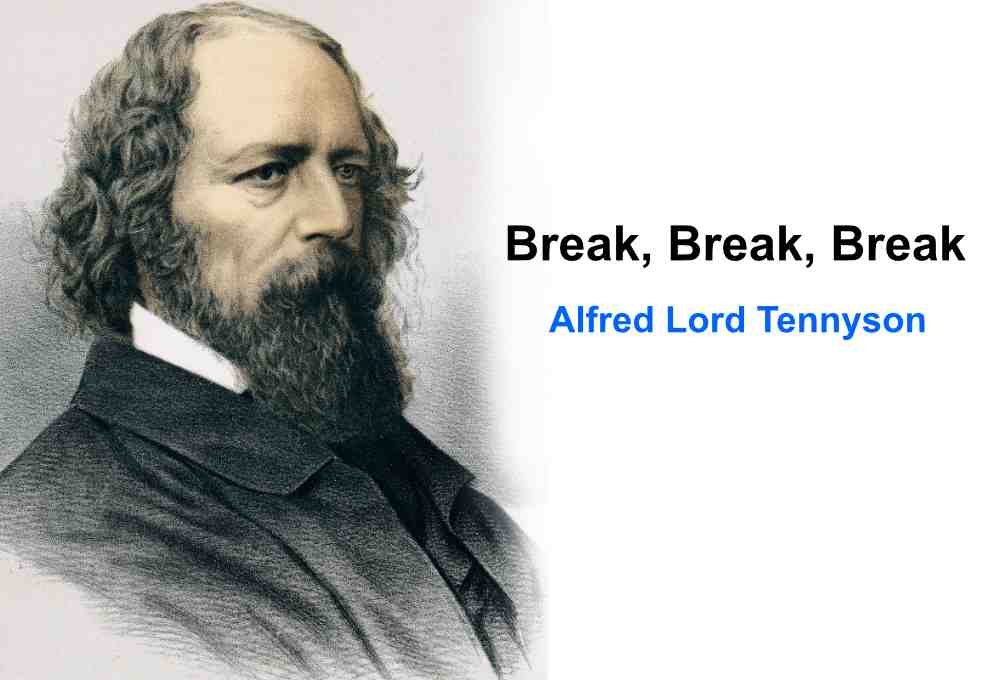1. Introduction
Table of Contents
A lyric is a subjective manifestation of the poet’s impressions. It possesses the following qualities (1) unity of impression (2) brevity (3) personal emotion.
It passes through the poet’s heart and soul and reflects his mood. Intellect and passion are also found in it.
Edmund Gosse says: “If his songs were not so tantalizingly fragmentary, we should call him the unquestioned nightingale of the Jacobean choir.” Donne was a lyric poet indeed.
2. Donne’s Lyric Genius
Donne was a lyric poet in the form and contents of his poems. But his lyrics are not as sweet as the lyrics of the Elizabethans or the Romantics. He neglected the current style of lyrics and his contemporaries could not appreciate them.
Donne himself said, “I sing not syren like to tempt for I am harsh.” He set his own model of lyrics.
Oliver Elton comments: “It is clear that the harshness of his verse was wanton and deliberate: when he chooses, none can be more melodious, though the melodies are of a new order.”
In A Valediction: Forbidding Mourning the poet describes the superiority of spiritual love:
Such wilt thou be to me, who must Like th' other foot, obliquely run: Thy firmness make my circle just, And make me end, where I began
Donne’s genius was essentially lyrical. He had written a large number of lyrics in the poem of elegies, songs, sonnets satires, and anniversaries. Even his longer poems like The Anniversary and The Progress of the Soul contain the lyric strain.
The theme of all his lyrics is love in the spiritual sense. At first, he treats the love of women and takes the love of God. His love lyrics are based on his own observations and experiences. He has described in his lyrics all phases of love:
Platonic or sensuous, serene or cynical, conjugal or illicit. His change from the sensual to the identical aspects of love is due to his own life.
3. The Emotional Range
The emotional range of his lyrics is very wide. His love lyrics contain love experiences in the life of the poet. They express hate, disgust, jealousy, lust love, reverence, security, and mistrust.
Sometimes he behaves as a lover and at other times a worshipper. Every lyric represents a complex state of mind and a subtle adjustment of impulses.
John Bennet opines: “Donne saved the English love lyric from the monotony which had overtaken it in the early 17th century. In his religious poetry, Donne explores his feelings toward God. Just as in secular poetry, he explored his feelings towards the beloved.”
In The Canonization he says:
We'll build in sonnets pretty rooms; As well as well wrought urn becomes The greatest ashes, as half acre tombs. And by these hymns, all shall approve Us canonized for love.
Intellect and passion weave the tapestry of his lyrics as two weaves in different patterns. He combines thought and passion in his lyrics through metaphysical conceits. He makes his lyrics forceful and thought-provoking through his wit, metaphysical style, melancholy and far-fetched imagery.
4. Classification of Donn’s Lyrics
Donne’s lyrics are of three kinds : (1) Amorous (2) Metaphysical (3) Satirical. His earliest lyrics are amorous in which he has blended sensuality and a cynical attitude. He is the founder of a new kind of lyric, metaphysical lyric.
He enriched the English lyric with his intellect and extended its range and scope. An emotional situation is always at the back of the lyric and the poet deals intellectually with that particular emotion. This intellectual analysis of emotion was a new thing in the English lyric.
Earnest Rhys says: “Donne’s lyrics do not lack emotional intensity and immediacy, despite all his argumentation, analysis, and use of learning.”
Donne’s intellectual tone in his lyrics is heightened by his use of learning and far-fetched imagery. The opposite faces of life are constantly interchanged in them.
He shifts from the concrete to the abstract, from the physical to the spiritual and from the finite to the infinite. In The Blossom he says:
A naked thinking heart, that makes no show, Is to a woman, but a kind of ghost; How shall she know my heart, or having none now these for one?
Compton Rickett writes: “Donne’s material roughness, his obscurities of the method, his bewildering allusiveness, and his unexpected divergence into sweet and delightful music, may remind the modern reader of the author of Sordelloo and Men and Women.”
5. Sorrowful Tone of Lyric
Donne’s lyrics are tinged with melancholy. He believed that our saddest songs make our sweetest songs. His melancholy is of a split genius and a perturbed mind. In the Tripple Foole he says:
But when I have done so, Some man, his art and voice to show, Death sit and sing may pine, And, by delighting many, frees again, Grief which verse did restrain
To love, and grief tribute of verse belongs. The rhythmic movement of his lyric is often annoying. The music comes from those subtle doubling and shifting of emphatic. He has dramatized the English lyric.
Every lyric is a piece of personal drama containing a dialogue or a monologue. In The Canonization the very opening line ‘For God’s sake hold thy tongue and let me love’ implies the presence of a third person.
The Valediction: Forbidding Mourning is addressed to the poet’s wife, and The Blossom is in the form of an imaginary dialogue.





